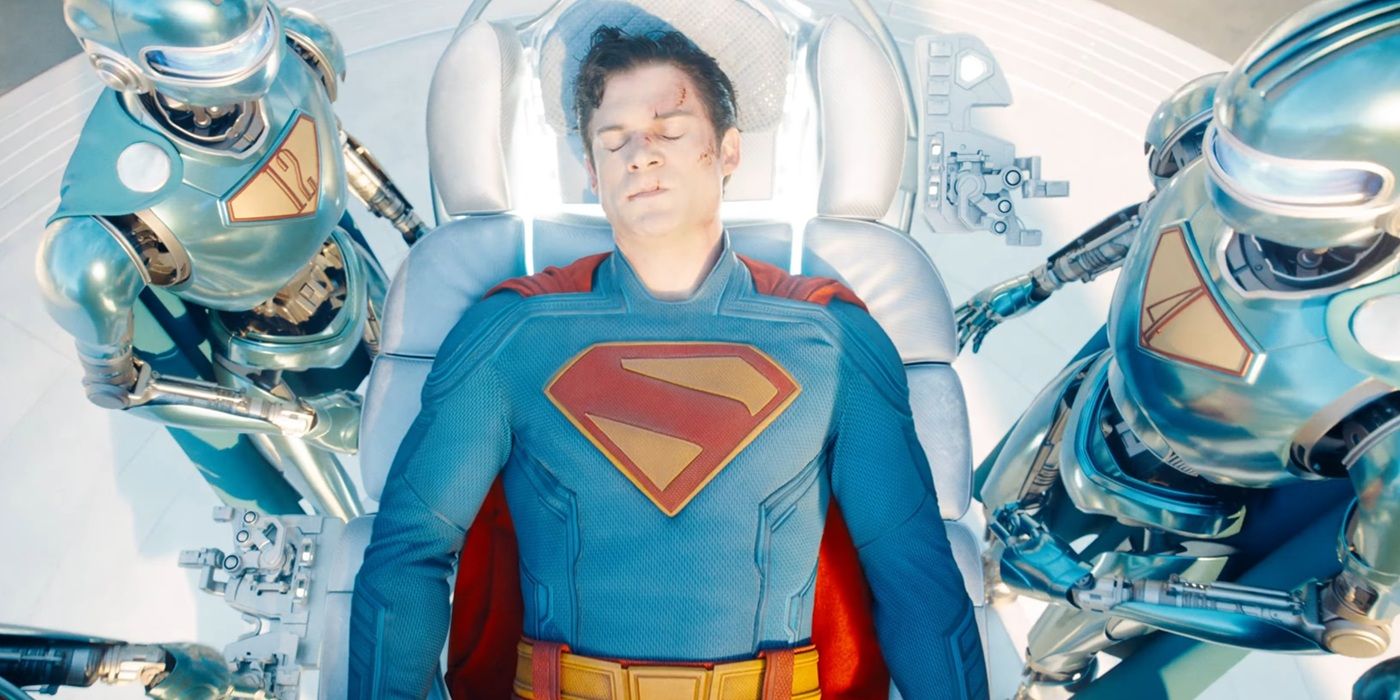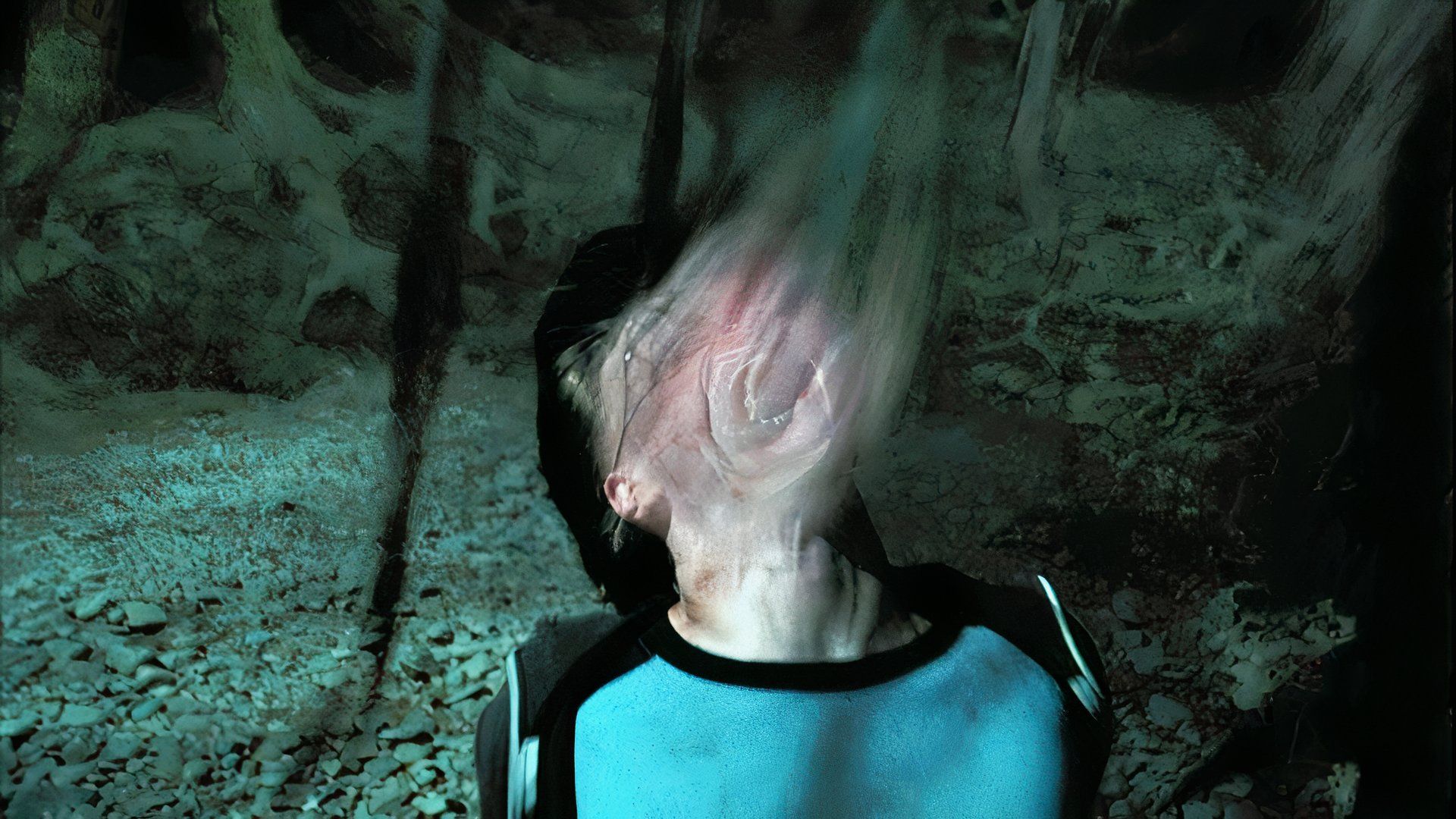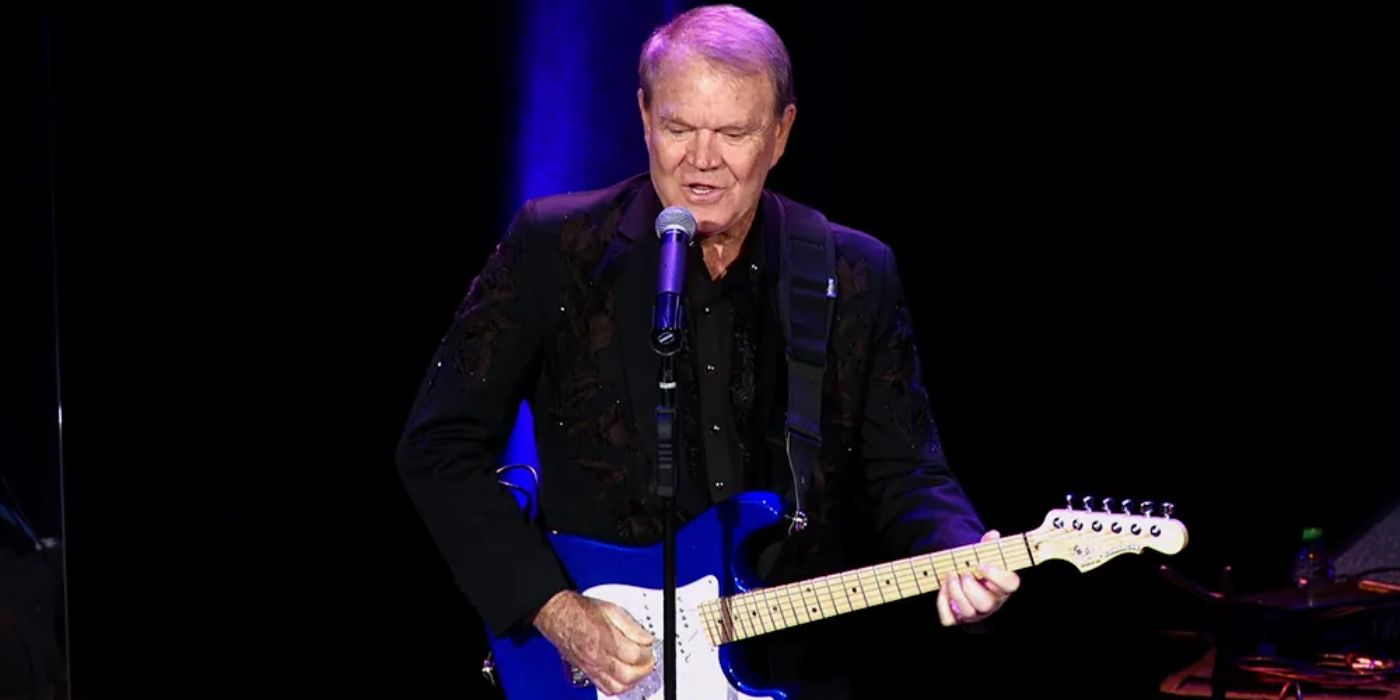What’s always made Magic a unique fit for the Lakers, for what eventually would become “Showtime,” was his giddy exterior. Surely, in a town consumed by stardom, this upstart must be another grifter in a long line of them? A similar whisper follows Buss, a physical chemist whose wealth comes from real estate. He’s a salt-of-the-earth owner in a league filled with out-of-touch millionaires. Everyone views him as a huckster looking for a quick buck. Likewise, Red Auerbach (Michael Chiklis) of the Boston Celtics questions Buss’ resolve to win. Did Buss arrive in Los Angeles, with a hair-sprayed combover, deep-V shirt and big belt buckle, for championships or a lifestyle? The unfocused way “Winning Time” answers these pressing narrative questions leads to poor plotting, and uneasier comedy.
Together Buss and Magic suggest simple parallels as outsiders with sex addictions—one is openly and proudly a sleezeball, the other keeps up a nice guy pretense, even as he sleeps with every woman in sight (it’s the most cunnilingus you’ll see on television), while in the process hurting his college sweetheart Cookie (Tamera Tomakili). But it’s all muddled in the series’ sprawling interests in the will to win, and its glib interrogation of fragile male egos.
Instead the writers pull focus toward Buss building Showtime—the Laker girls, the Forum Club, the mainstay stars who attended the games—and the myriad of players along the way. His naive but inventive daughter Jeannie (Hadley Robinson), accountant mother (Sally Field), and surly head of Forum bookings Claire Rothman (an underutilized Gaby Hoffman) are used to counterbalance those egos. The lens too often wanders from their perspective, stunting any lasting impact.
Later on in the show, the visionary but exacting head coach Jack McKinney (Tracy Letts) engages in a power play for roster control with his nervous, Shakespeare-loving assistant Paul Westhead (Jason Segel) and the spiritually lost and forlorn former player turned announcer turned assistant coach Pat Riley (Adrien Brody). The robust ensemble works so well together, especially Brody and Clarke, they almost pull together the snooze-inducing episodes into something watchable. But the series relies on too many surface-level observations on sexism, racism, regret, and Magic’s promiscuity, and wastes these boundless performances.
You can view the original article HERE.





























